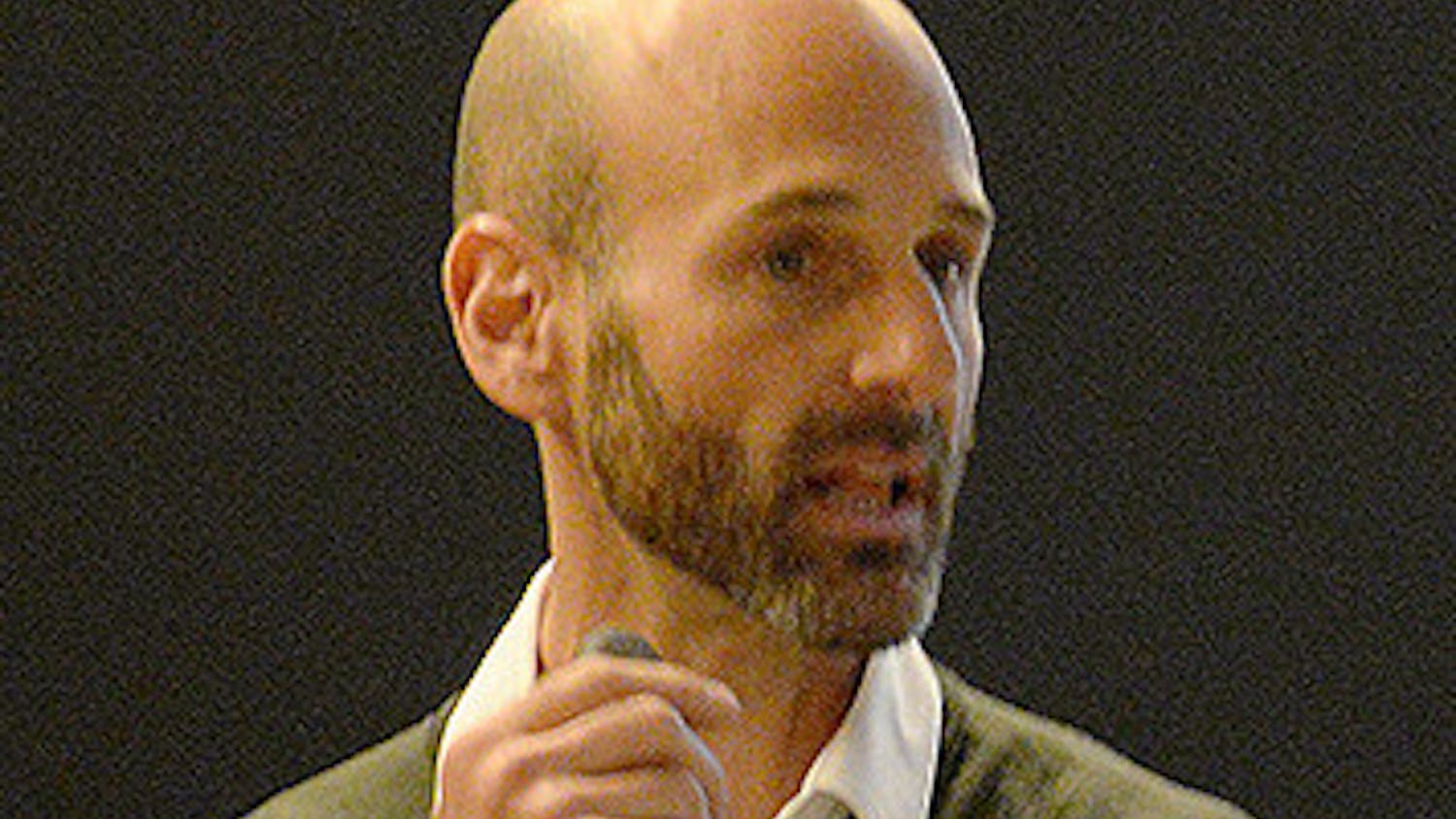A scholarship: the thing that can make or break a student’s ability to go to college. To win one, a student typically must write essays detailing their life that makes them stand out.
Many students who do not have the means to pay for college depend on scholarships to afford it. A scholarship can be awarded through a college or an outside donor. Scholarships ask students to describe our lives by asking questions like, “What makes you different? What makes you exceptional? What hardships have you overcome? What makes you deserve to be here?” A student looking for a scholarship can’t just “be,” they must “be something.”
I applaud anyone who has gone through a hardship and persevered or started something new and been extremely successful. The problem is that students must prove themselves to be worthy of money to pay for their education. This often means uncomfortably opening up about a traumatic experience in a scholarship essay to donors and colleges.
Those applying for scholarships will oftentimes have to open up an old wound and expose their trauma to win money for their education. In an opinion article submitted to The New York Times, Elijah Megginson explained that while applying to college he was encouraged to talk about his traumatic experiences. He did not want to “sell his pain” to be admitted to a college despite many people in his life telling him that this was a sure-fire way to do so. He felt, like many, that he was trying to get the college to pity him. Elijah rhetorically asked, “Were they looking for a slap on the back for saving us from our circumstances?”
Some students found that their trauma wasn’t enough trauma for a scholarship. Leslie Zukor is a disabled student who was looking for scholarships to afford graduate school. She wrote in an opinion article for Rooted In Rights that writing about a breakdown she had from a mood disorder was not enough to win the scholarship. She explains that the essay required her to share a specific traumatic event in excruciating detail. Many scholarships she qualified for forced her to relive her struggles as a disabled person with mental health trauma in order to receive pity from the donors.
Another opinion article by Edward Djan explains how students feel that they must complete a “laundry list” of items for the scholarship. This includes outlining their extracurricular activities, showing their transcripts and retelling their most personal and sensitive experiences, all on top of the course load for the college they are trying so hard to pay for. The article also explains how retelling a traumatic experience is often painful for the writer and can re-traumatize them without any support afterward. These students have not only shared a deeply personal experience with people they do not know but are also left with the pain resurfacing all over again.
After all that effort, universities can still deduct your financial aid because you have merit scholarships. Jelinda Montes, an opinion columnist for The Eagle, explained in a column that even AU can find some students “over-awarded” with outside scholarships and then reduce their need-based financial aid. After sharing a traumatic experience to prove that they are worthy of money to cover a small amount of their tuition, students who depend on scholarships may be told they have too many to be considered in need of financial aid.
I want everyone to be able to attend college without worrying about having enough money to continue college. I want everyone to have access to education without needing to retell their most personal traumatic experiences to donors and colleges to prove that they are worth the money. Access to education, especially a Bachelor’s degree, is vital to have a career today. Students should not have to prove that their lives are worthy of money to get that education.
Anna Gephart is a sophomore in the School of Public Affairs and a columnist for The Eagle.





